
The Age of Enlightenment, also known as the Age of Reason, was a pivotal period in European history that spanned the late 17th to the 18th century. This era marked a profound shift in thought, characterized by an intellectual movement that emphasized reason, individualism, and skepticism of traditional institutions. The impact of the Enlightenment on political thought was transformative, laying the groundwork for modern democratic ideals and human rights.
The Foundations of Enlightenment Philosophy
At its core, the Enlightenment was fueled by a belief in the power of human reason to understand and shape the world. Philosophers like John Locke, Immanuel Kant, and Voltaire challenged the status quo, advocating for a new approach to governance based on rationality and empirical evidence. Locke’s theory of natural rights, for example, posited that individuals are inherently entitled to life, liberty, and property, influencing the development of liberal political thought.
The Enlightenment and Social Contract Theory
The concept of the social contract became a central theme in Enlightenment political thought. Thinkers such as Thomas Hobbes, John Locke, and Jean-Jacques Rousseau explored the idea that individuals consent to form societies and governments that protect their rights in exchange for certain freedoms. Rousseau’s work, ‘The Social Contract,’ proposed that sovereignty should lie with the people, challenging the notion of absolute monarchy and paving the way for more democratic forms of governance.
The Impact on Modern Democracies
Enlightenment ideas significantly influenced the formation of modern democracies. The American and French Revolutions were deeply rooted in Enlightenment principles, emphasizing the rights of individuals and the idea of government by the people. The Declaration of Independence and the United States Constitution incorporated Enlightenment ideals, advocating for separation of powers, checks and balances, and the protection of individual freedoms.
The Enlightenment’s Legacy in Human Rights
The Age of Enlightenment also laid the groundwork for the development of human rights. Philosophers argued for equality and justice, challenging social hierarchies and advocating for the abolition of slavery and the enhancement of women’s rights. The notion that all humans had inherent rights regardless of status was revolutionary and continues to influence contemporary discussions on civil liberties.
Conclusion: The Enduring Influence of the Enlightenment
The Enlightenment’s impact on political thought cannot be overstated. By advocating for reason, equality, and individual rights, Enlightenment thinkers prompted revolutions and reforms that reshaped societies around the world. The principles espoused during this era continue to inform and guide political discourse today, as nations strive to balance individual freedoms with collective responsibilities. The legacy of the Enlightenment serves as a reminder of the power of human reason to bring about profound social change.
The Age of Enlightenment, also known as the Age of Reason, was a pivotal period in European history. The principles espoused during this era continue to inform and guide political discourse today. 
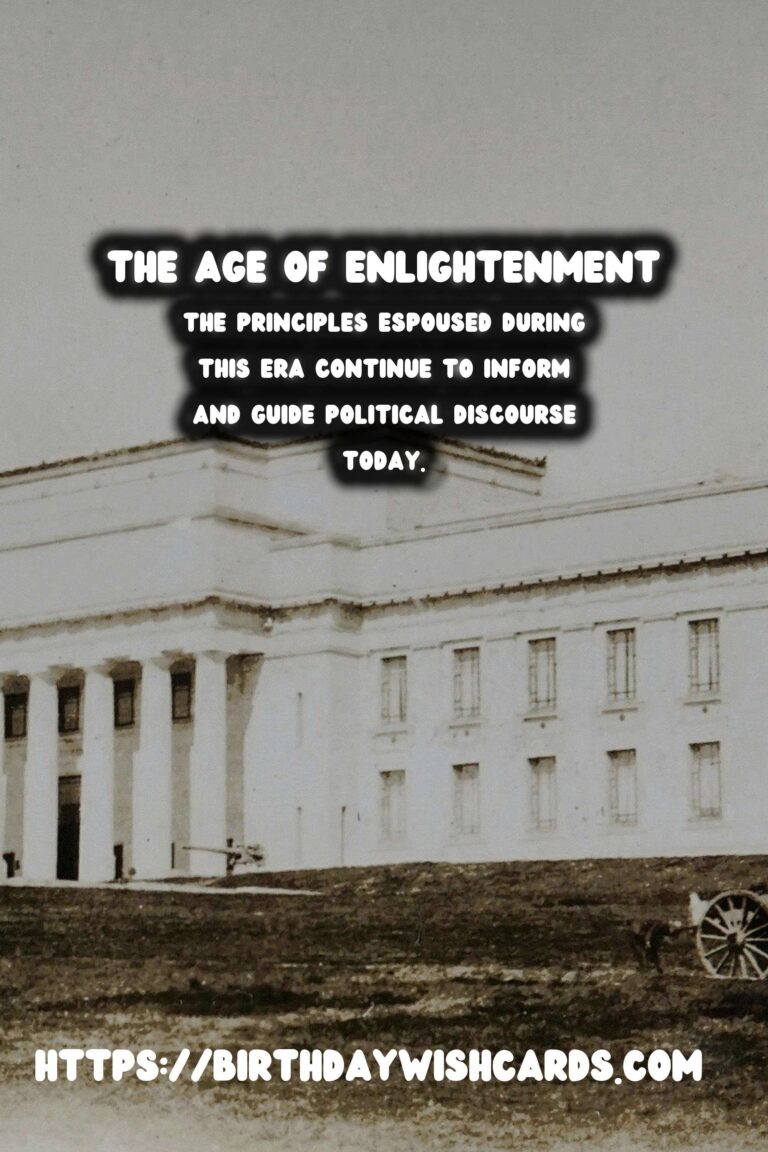

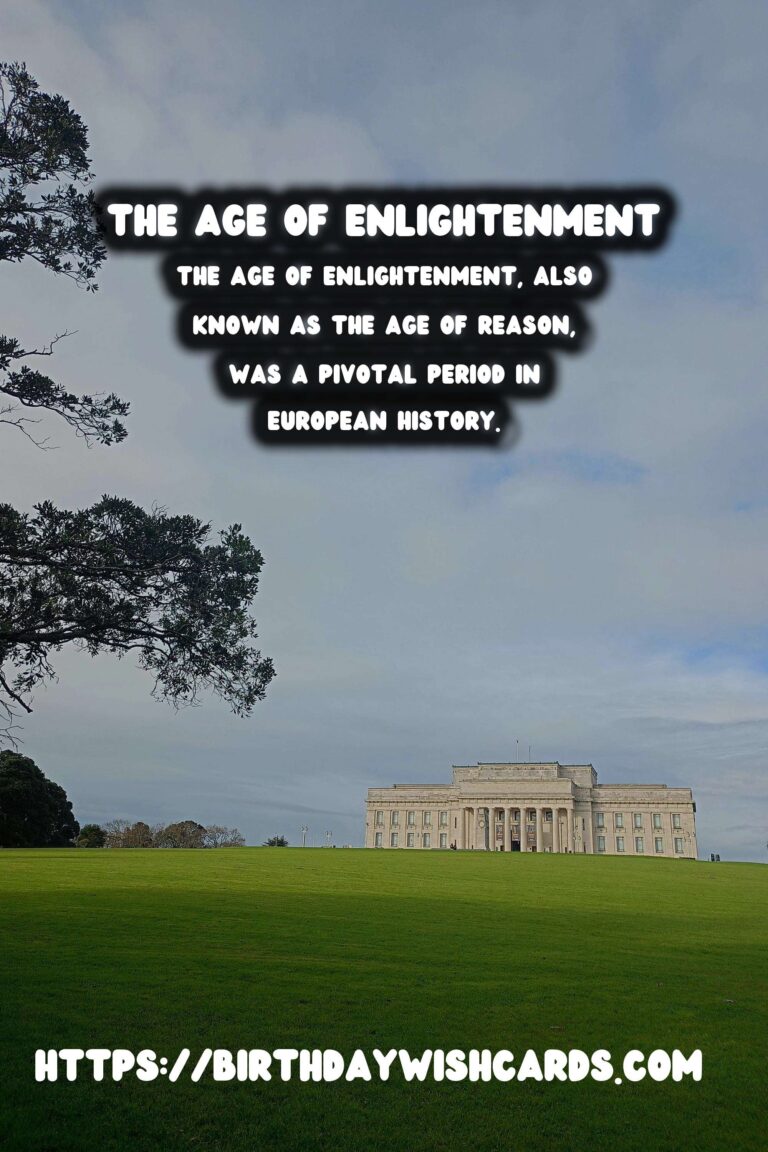
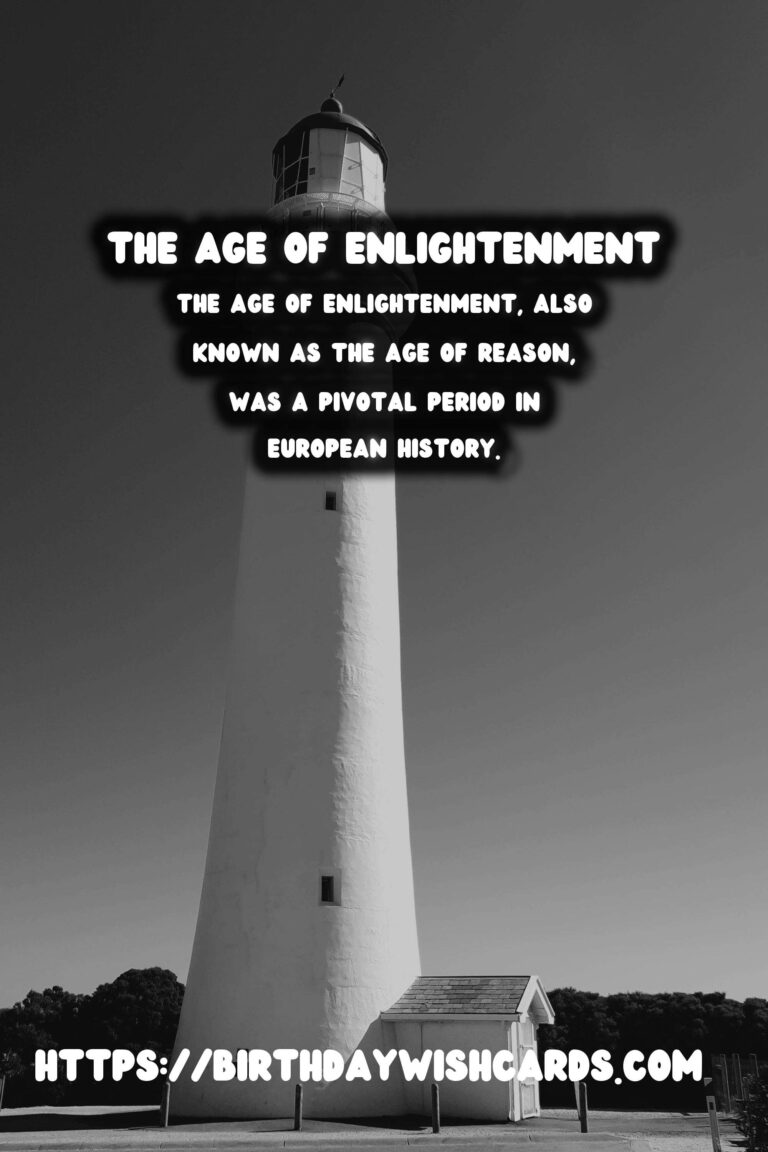

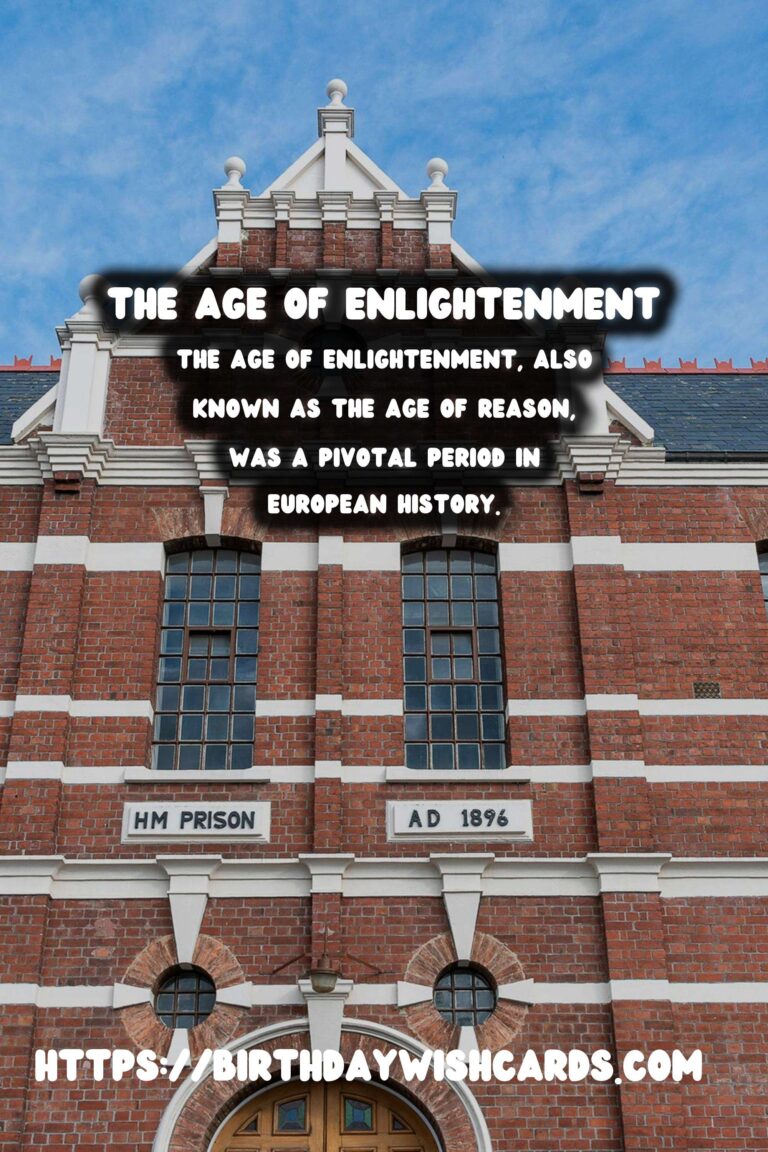

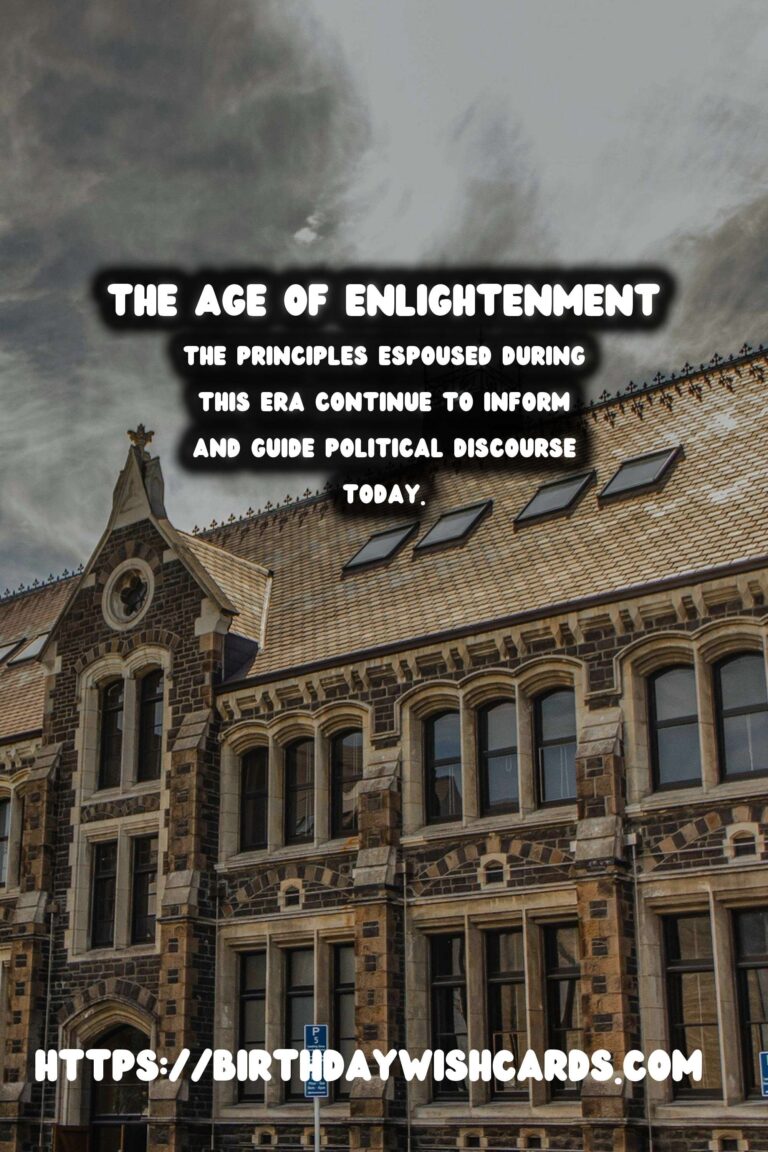

#Enlightenment #PoliticalThought




